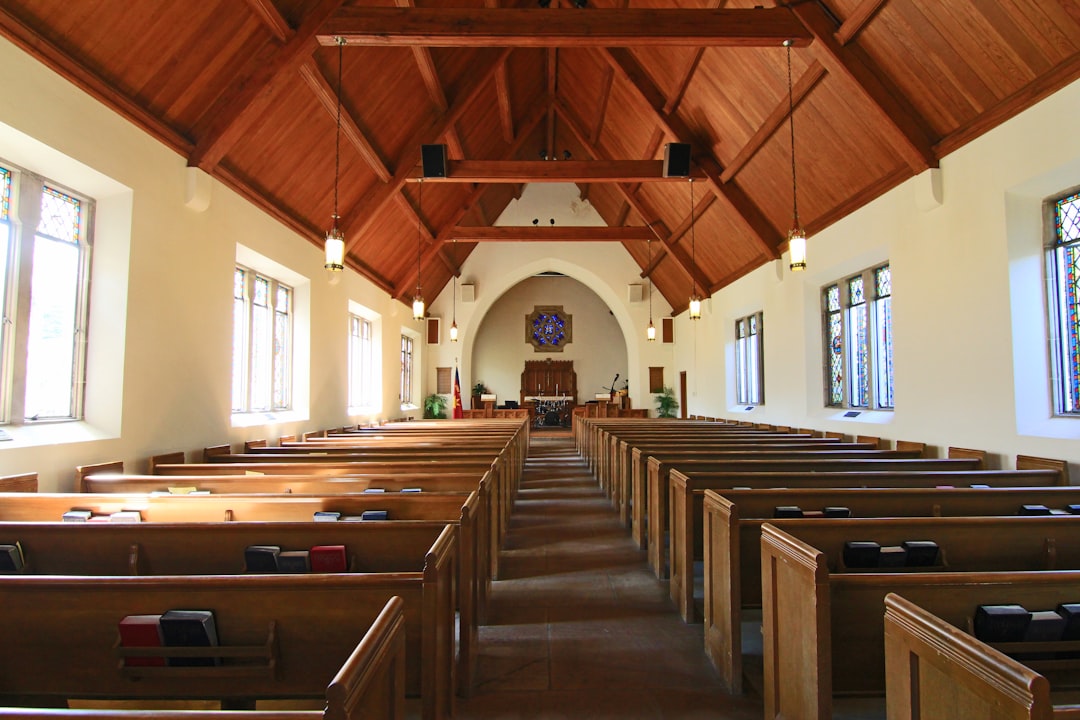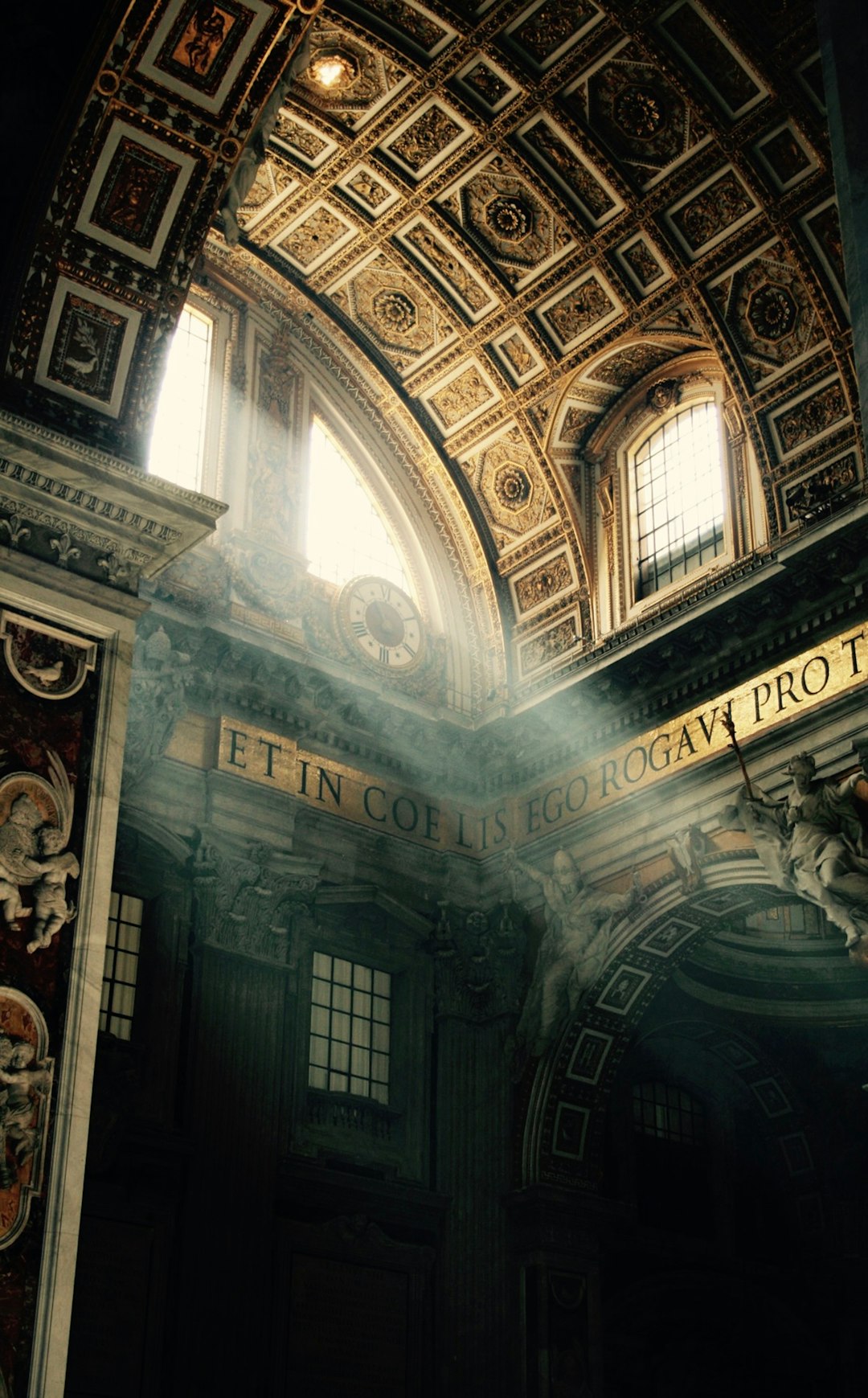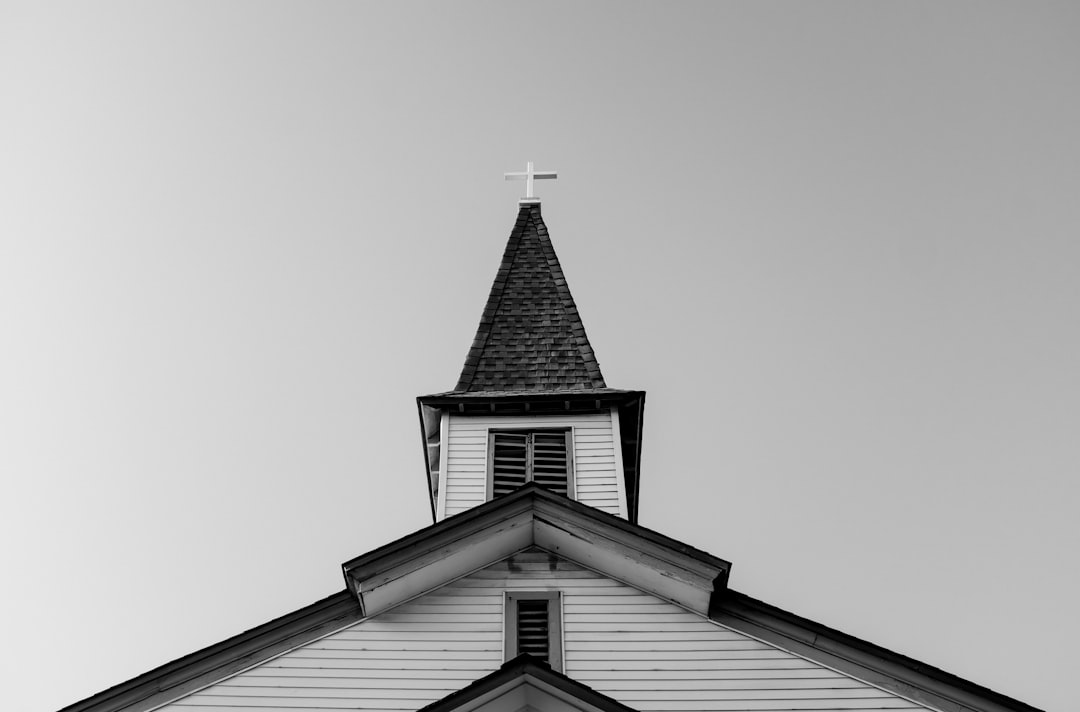Understanding clergy abuse patterns is crucial for prompt intervention in California, where power dynamics can lead to exploitation. Red flags include behavioral changes, secrecy, isolation, and unusual financial transactions. Connect with a skilled clergy abuse attorney California for legal guidance, ensuring victims' rights and options are protected while navigating religious institution issues. California's robust legal framework centers on consent, confidentiality, and civil suit time limits. Choosing the right clergy abuse attorney in California is vital for competent representation, requiring specialists with empathetic support and proven success. The collaborative process involves initial case discussion, evidence gathering, witness interviews, document review, and potential lawsuits, with clear communication maintained throughout.
In California, where religious institutions hold significant social influence, the issue of clergy abuse demands attention and legal recourse. This article guides survivors and victims navigating the complex landscape of seeking justice. We explore understanding clergy abuse, its subtle red flags, and the legal framework in California. Learn about choosing the right clergy abuse attorney in California, their expertise, and what to expect during the legal process after retaining representation. Take control of your healing and recovery with informed steps.
Understanding Clergy Abuse: Recognizing Patterns and Red Flags

Understanding clergy abuse is crucial for identifying patterns and red flags, enabling swift intervention. In California, where many religious institutions operate, it’s important to recognize that power dynamics within clergies can lead to exploitation and abuse. Clergy members, with their position of authority, often have access to vulnerable individuals, which unfortunately facilitates potential misuse.
Red flags may include sudden changes in behavior or attitudes from the victim, secrecy around personal matters, isolation from friends and family, and unusual financial transactions. If these signs are observed, it’s essential to connect with a clergy abuse attorney California for guidance. Professionals specializing in this area can provide legal counsel, helping victims understand their rights and options while navigating complex issues related to religious institutions.
The Legal Landscape: California Laws and Regulations Related to Clergy Abuse

In California, the legal landscape regarding clergy abuse is governed by a comprehensive set of laws and regulations designed to protect victims and hold perpetrators accountable. The state has stringent guidelines in place to address cases of sexual misconduct or abuse committed by religious figures within their communities. These laws aim to ensure that victims have access to justice and that institutions are held responsible for the actions of their clergy members.
California’s legal framework includes specific statutes that delineate the rights of victims and establish procedures for reporting and investigating allegations of clerical abuse. Key regulations focus on consent, confidentiality, and the time limits within which civil suits must be filed. The state’s robust legal representation options for victims of clergy abuse ensure they can seek compensation and justice through qualified clergy abuse attorneys in California who specialize in navigating these complex legal matters.
Choosing the Right Attorney: Qualities and Expertise for Your Case

Choosing the right clergy abuse attorney in California is a crucial step in ensuring your case receives the attention and expertise it deserves. Look for professionals who specialize in this specific area of law, as they will have the necessary knowledge and experience to navigate complex legal issues related to clergy abuse cases. Experience matters; seek attorneys who have successfully represented clients in similar situations, understanding the unique challenges these cases present.
Qualities like empathy, strong communication skills, and a deep commitment to justice are essential. You want an advocate who listens attentively, keeps you informed throughout the process, and treats your case with sensitivity and discretion. Additionally, ensure they possess expertise in relevant laws and have a proven track record of achieving favorable outcomes for their clients.
Navigating the Legal Process: What to Expect After Retaining a Clergy Abuse Attorney in California

After retaining a clergy abuse attorney in California, it’s important to understand what to expect as you navigate the legal process. Initially, your attorney will meet with you to discuss the details of your case, including any incidents of abuse, their impact on your life, and potential evidence. They’ll review relevant laws and regulations pertaining to clergy abuse cases, helping you grasp the legal options available.
Your lawyer will then begin gathering evidence, interviewing witnesses, and reviewing documents related to your case. They might file a lawsuit against the responsible parties, which could involve negotiations or, if unsuccessful, a trial. Throughout this process, your attorney will keep you informed about deadlines, court appearances, and any updates relevant to your case. This clear communication ensures you’re actively involved in seeking justice and closure.






